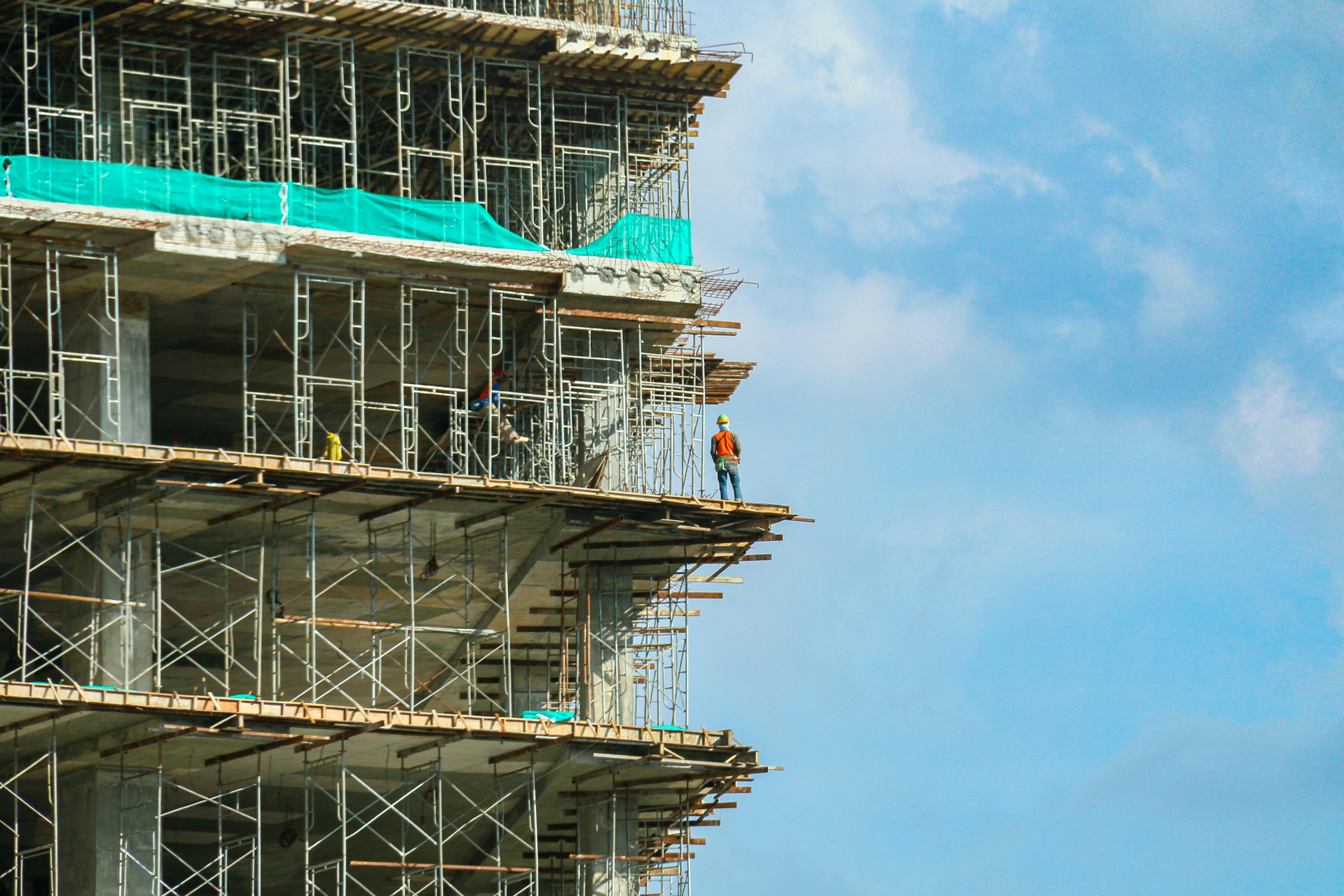Your credit score is very important in today’s world. Not only can it affect the interest rate you pay on your mortgage and other credit obligations, it can also affect your ability to get insurance or even a job.
Save your home or save your credit?
You have to decide if you want to save your credit or save your home because it’s very unlikely that you can do both! And if you’re a month or two behind on your payments, your credit score is already damaged.
To keep your home, you’ll need to put your concerns about your credit score on the back burner for now. By taking a proactive approach to resolving your foreclosure and negotiating a settlement and then consistently meeting the requirements of that new settlement plan, you will show creditors that your late payments were a temporary setback rather than a long-term problem. term.
If you keep your home through a forbearance, payment plan, or loan modification, you can expect a moderate to severe impact on your credit score. It’s not uncommon for your credit report to end up with 6 to 12 months of late payments plus a note that you’ve agreed to a restructuring plan. And if you had to default or have late payments with other creditors, the damage will be even greater.
Credit Impact of Foreclosure Proceedings
The exact score drop you can expect is impossible to know or guess. However, what you can expect is to have difficulty obtaining any type of home loan for at least 2 years. It could also be difficult after the 2-year point, depending on the severity of your problems and how regularly you’ve been able to pay your bills after the foreclosure is over. Your ability to obtain other types of credit, such as car loans or credit cards, will depend on individual creditors. Credit bureaus are required to stop reporting negative information after 7 years (except in the case of bankruptcies, which stay for 10 years), but as you consistently pay your bills, the impact will be less and less as you get close to that 7-year limit.
If you know you can’t keep your home, you can improve your credit score by selling it as quickly as possible. A refinance will not have a negative impact on your score. A mortgage assumption will probably have the least impact of all the negotiation solutions, but your lender has to agree and you have to find someone to buy the house for at least what you owe. A foreclosure or short sale is your next best option, but it will take 6-9 months to complete, so your credit will be severely damaged by late or missed payments if you can’t make the payments all the time .
According to myFICO® (the company that calculates your FICO® credit score):
Credit bureau reports are limited in how they currently represent foreclosures, so it’s generally not possible to tell from the credit report whether a reported foreclosure is a short sale, a deed in lieu. of a foreclosure, discharged account, regular foreclosure, or some other variation.
The FICO® Score treats all of these descriptions that appear on credit reports as serious delinquency, so they have an impact on the score similar to the impact of a charge-off, tax lien, or account in bankruptcy.
In the end, regardless of whether you stay home or leave, you’ll likely have a significant amount of damage to your credit score. That’s just the way the credit reporting system is designed. But the damage is repairable with time and effort on your part. Right now, though, focus on getting out of the situation you’re in. Once you’re out, you can focus on improving your credit score.



